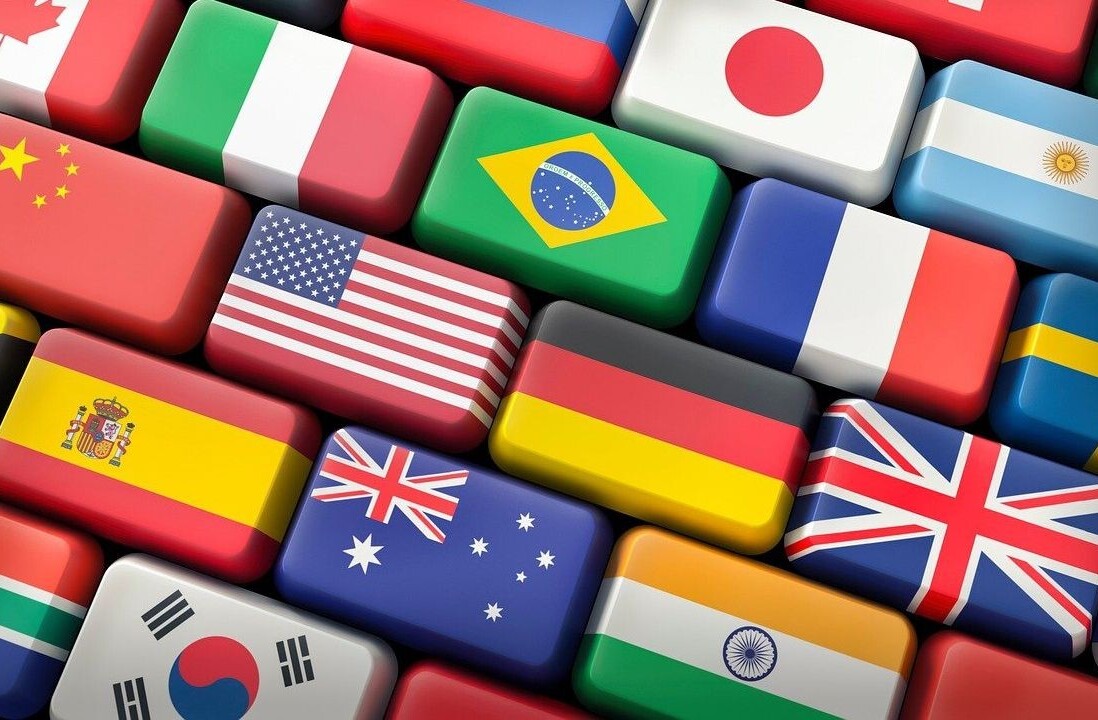
We’re delighted to have Julia and Kevin Hartz, who co-founded online ticketing giant Eventbrite together with Renaud Visage back in 2006, as keynote speakers at our TNW Conference in Amsterdam later this month.
Update: After we published our profile today, Eventbrite announced that it had hired former Shutterfly and eBay financial exec Mark Rubash as its CFO. ”
“We’re thrilled to expand and strengthen the strategic and operational capabilities of the executive team by bringing Mark on board,” said Kevin. “His proven track record of driving growth while building strong, stable financial infrastructure is impressive, and we’re looking forward to leveraging his skills across Eventbrite’s platform.”
The Hartzes live in San Francisco with their two young daughters, but they’ll be traveling to Europe to talk more about how Eventbrite plans to take over the world – or at least give Ticketmaster a run for its money.
We caught up with Julia and Kevin for a Q&A – a very timely one to boot, as Eventbrite just announced that it has helped event organizers around the world issue in excess of 100 million tickets and registrations, which translates to more than $1.5 billion in gross ticket sales since its founding.
TNW: In a nutshell, why did the two of you start Eventbrite together with Renaud Visage back in 2006?
Hartzes: Ticketing is a broken market. “Ticketing” also generally refers to a very small sub-set of the market which are the largest concerts and sporting events.
Eventbrite is bringing innovation and outstanding service to the market while vastly expanding the definition and expectation of ticketing.
What were some of the main challenges you met in the early days, and how did you overcome them?
Fraud was an early challenge of Eventbrite as we reached scale while offering a self service ticketing platform. As an ecommerce platform, we were being targeted by fraudsters continually.
By building our own anti-fraud systems (which continuously evolve), we were able to reduce fraud while keeping customer experience seamless.
Customer acquisition was another great challenge we overcame through a combination of methods including social and viral hooks to drive the flywheel of organic seller acquisition.
How has the online ticketing space evolved since the company was founded?
Kevin: Eventbrite has driven change in the market that can be represented under three trends: social, mobile and big data.
Social has driven every event attendee to also become an event promoter.
The mobile wave has brought ticketless ticketing (finally) to the consumer while also bringing a democratizing force to the event organizer through turning every smart devices into a ticket scanner and tablet into a mobile box office.
And data has vastly improved how we can deliver recommendations of great things happening to consumers.
What are some of your main challenges today, as a business?
Making sure we are taking time to continue building our teams is always the greatest challenge and opportunity, as we believe a great team can overcome any challenges. We have always focused on building the best team to solve exciting and big problems.
You just hit $1.5 billion in gross ticket sales back, up from $1 billion in June 2012. What’s next?
We’re thinking about one billion tickets and tens of billions in gross ticket sales!
Assuming you’re still seeing growth, where is it coming from (in terms of types of events, geographies and whatnot)?
All categories and geographies are seeing growth. The challenge of a technology growth company is deciding where to invest (by invest we don’t just mean dollars, but people and mindshare).
For example, we’re seeing triple-digit year-over-year growth around the world but need to prioritize markets. Many of the developing Internet markets are very exciting to me, for example.
You’ve raised close to $80 million in funding for Eventbrite to date.
How much of this is still left in the bank, and what was the rest of it spent on primarily over the years?
We have about $40 million in the bank. We spend very little money on customer acquisition, and invest primarily in great people – our team’s compensation.
What’s on the roadmap, product-wise?
Or do you feel the product is now robust enough in terms of features, leaving you to worry less about technological innovation and more on growing your market share in a world where Ticketmaster still rules in terms of overall numbers?
We’re investing a lot to help consumers find great things to do on the Eventbrite platform. In general, investing in innovation has worked well for us and been the key ingredient to drive market share, so we’ll continue on this path.
A chunk of your time last year went to working on Eventbrite’s expansion in Europe. How is that working out?
London is our third largest city by gross ticket sales on Eventbrite. We are working hard to staff up and better serve the demand we’re seeing all around Europe.
Kevin, you made some headlines last year when you said you wouldn’t be doing any angel investments in the Bay Area for some time. Do you still feel the way you did when you said that? What has changed since then?
Kevin: I still haven’t made a new seed or Series A investment. The market is still really frothy so I’m still not ready to jump back in.
Julia, I read that you spend the majority of your days focusing on the “happiness, productivity, and growth of the team” at Eventbrite. What does that mean, concretely?
Julia: In short, I focus on the people at Eventbrite. This spans recruiting, retention, HR and culture. It’s how we make sure the Britelings are inspired, innovative, and ambitious. It’s how we stay close as we grow quickly. And it’s an essential part of our recruitment strategy.
From Hackathons to the annual Eventbrite talent show, we want to create a community where the Britelings feel like they can make anything happen, and be supported as they go.
I believe that having a founder in the fortunate position of focusing on people has had incredible returns. It makes for happier, more productive employees – and it’s one of our competitive differentiators (silver bullet?) when we are competing with other companies for talent.
What is it like running a company the size of Eventbrite as a married couple with two kids?
Julia: Kevin is a natural born entrepreneur and I’m a natural born operator, so we have complementary skill sets, which helps us in work and home life (which, for us, is beautifully intertwined).
One of the main benefits of working together is that we’re on the same page all the time. We know what is going on professionally without even having to talk about it. This helps us in knowing when to support each other and lean in for some help.
We’re moving so quickly as we grow and operate this business – and raising a family – so this connection makes it easier for us.
We avoid the downside of working together by living by our golden rule: ‘Divide and conquer.’ We’ve had times when we’ve fallen off that wagon, and it ain’t pretty, but generally, we stay true to this rule – for our sanity and our marriage.
You can find other interviews with TNW Conference speakers and more here.
Get the TNW newsletter
Get the most important tech news in your inbox each week.







